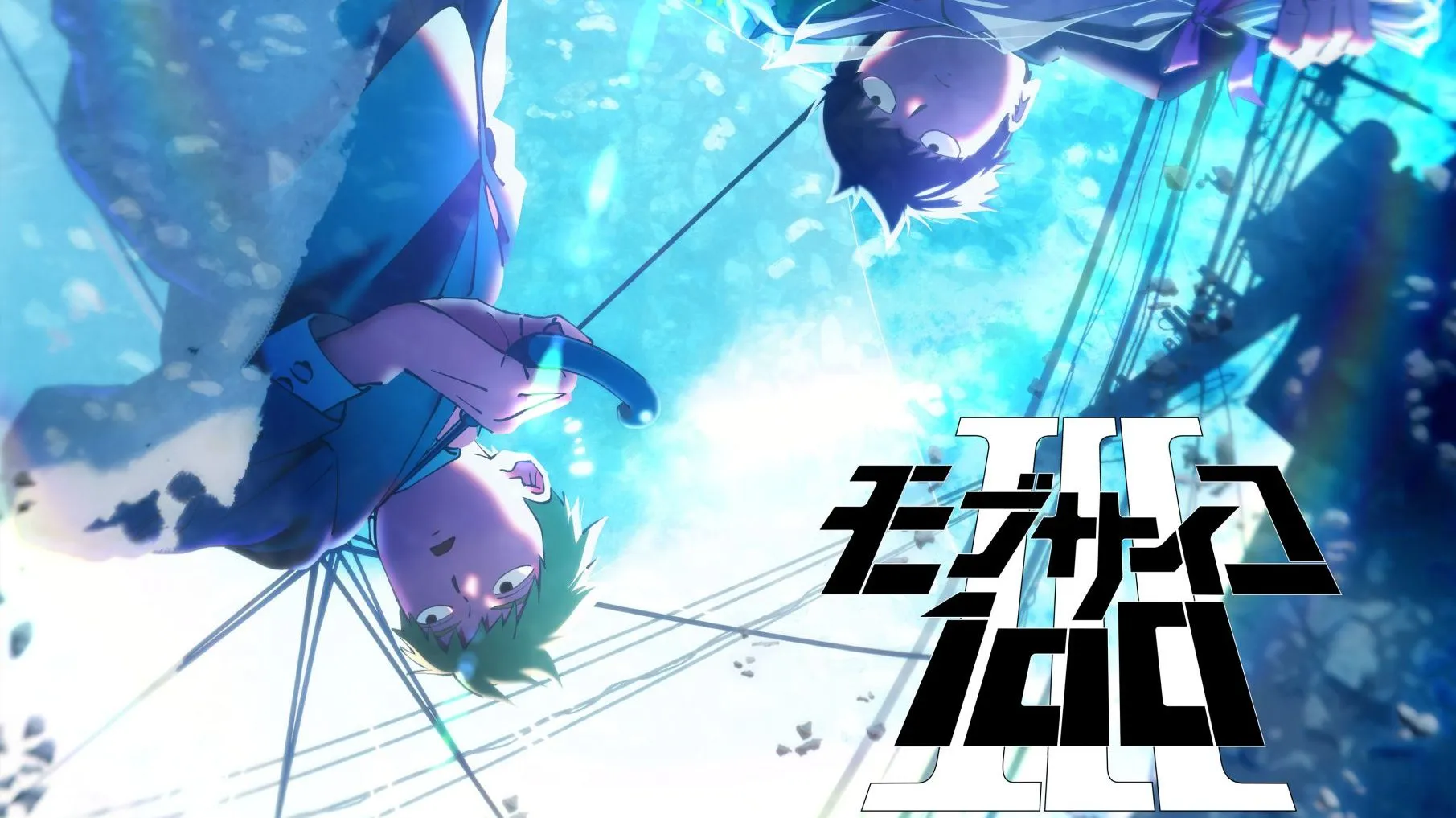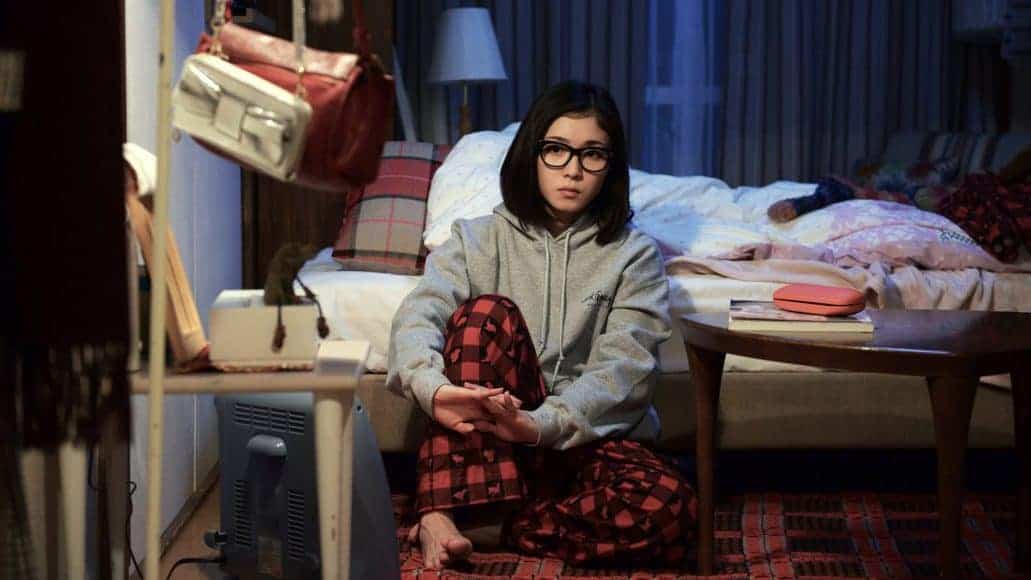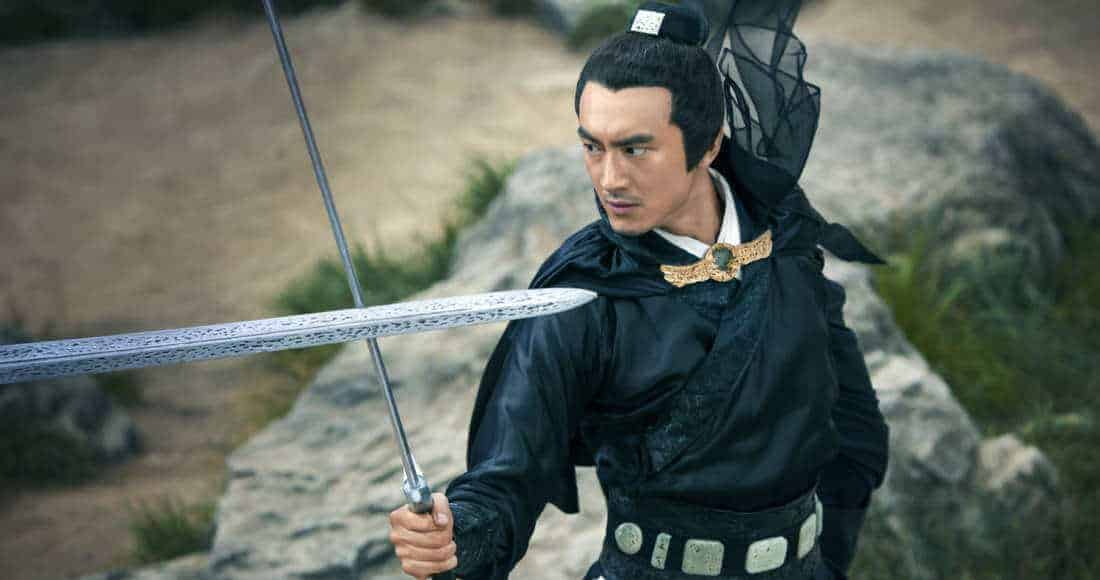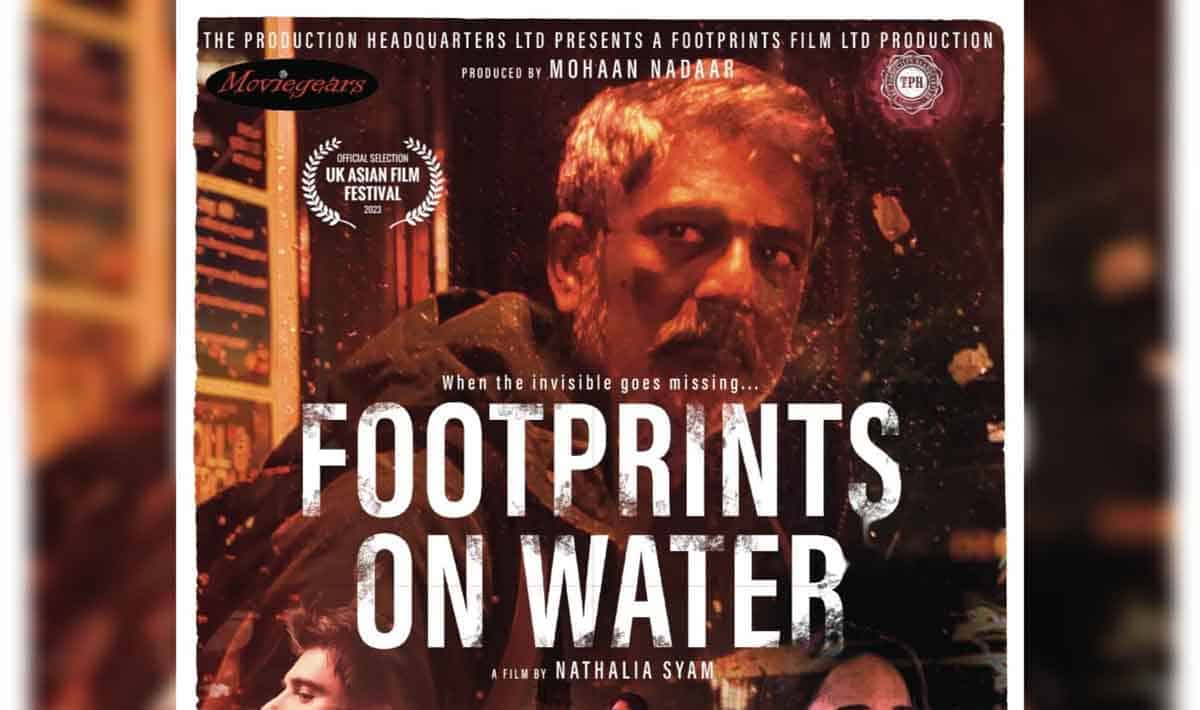Within the filmography of perhaps Hong Kong's most prolific directors, Johnnie To, the year 2011 proved once again his ability to switch between genres and tones effortlessly. The romantic comedy “Don't Go Breaking My Heart”, co-directed by Wai Ka-Fai, was followed by “Punished”, a crime thriller in a similar vein like the ones To had directed just a few years prior, and finally, “Life Without Principle”, a crime drama which would take a closer look at the effects of economic destabilization. In an interview with the French press, To states he perceives the people working in finance, most specifically those higher up in the food chain, as even worse than the infamous Chinese triads, abusing their power and exploiting, with no one in sight to end their doings. Even though it was something of a diversion from his other works, “Life Without Principle” would win big at the Asia-Pacific Film Festival, Chinese Film Media Awards and Golden Horse Film Festival, and would also be nominated for the Golden Lion at Venice Film Festival 2011.
“Life Without Principle” is screening as part of The Heroic Mission: Johnnie To Retrospective at The Prince Charles Cinema, London
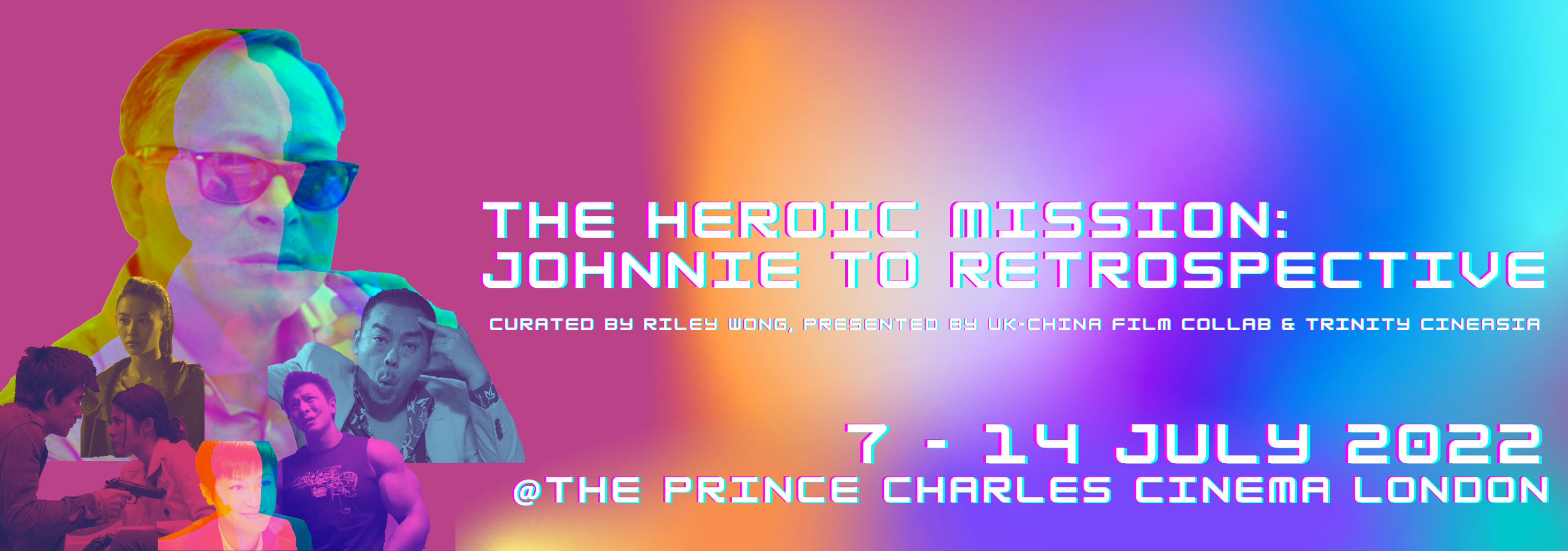
The overall story is divided into three narrative strands, which are connected in the final third of the movie. At the beginning, we meet Inspector Cheung (Richie Jen) who investigates a domestic disturbance, when he is called by his fiancée Connie (Myolie Wu) to come and meet with her in order to take a look at an apartment, their possible future home. Since he seems more preoccupied with the potential costs and concentrated on his job, Connie eventually becomes frustrated and, as the real estate agent tells her she will have to decide fast on the property, decides to take matters into her own hands, setting up a meeting at her bank to discuss loans and mortgages.
In the end, the bank Connie goes to is also where the protagonist, Teresa (Denise Ho), of the second strand works. However, she is afraid she will not be there for long, as her sales have decreased over the last weeks, making her a possible candidate for being fired. As her superiors introduce a new financial product, she aims to change all of this, even if it means pressuring costumers into investments which she knows are dangerous or too risky for them.
In the third part of “Life Without Principle”, there is Panther (Lau Ching-wan), member of a local gang, who has become something of a handyman for his bosses, organizing parties as well as their bails after they have been arrested by Hong Kong police. However, the latter part of his job turns out to be quite difficult when he has trouble finding money, and thus makes his position in the gang's hierarchy all the more vulnerable. Eventually, he turns to his old friend Dragon (Philip Keung), who introduces him to his business of betting on stocks and the future market online, with fatal consequences.
While his opinion of those on top of the financial industry has already been mentioned, the plot of “Life Without Principle” focuses mainly on people trying to get by within said industry, like Teresa, or characters whose fate is closely connected to the developments of the global economy. In short, To tackles quite a complex issue, one which seems to confuse quite a lot too, if the sheer amount of technical vocabulary from the banking and financial sector is any indicator. This is not to say To did not do his research, but rather that he portrays this level of confusion and dependency on a system only a few of us truly understand, and those who do aim to exploit it for their own benefit. Through the course of the three stories, he shows how individual happiness, survival and status are linked to this global market, a system controlled by forces who are out of our reach and who are just focused on their profit.
In general, the comment on the destabilizing effect of the financial sector and its control over our lives is quite interesting, even though its focus on details is also perhaps the greatest flaw of “Life Without Principle”. Whereas Denise Ho's performance as Teresa is easily the best in the feature, her character's story is also the most relatable, emphasizing how someone's moral principles might be swayed in the face of economic pressure, in this case her survival at the bank she works. On the other hand, while Lau Ching-wan's performance is equally good, presenting Panther as essentially a nervous wreck, whose face is distorted by the constant twitching, his story also takes a lot of time before it comes to its point, bearing the question if a more concise approach to the script could have resulted in a smoother transition from one story to the next.
In the end, though, “Life Without Principle” is an interesting crime drama, worth watching for its ensemble and its comment on the financial industry and its anti-social tendency. While his feature could have used a more concise approach with regard to its script, Johnnie To proves, nevertheless, he is able to pull of genre flicks and combine them with a relevant social comment.




